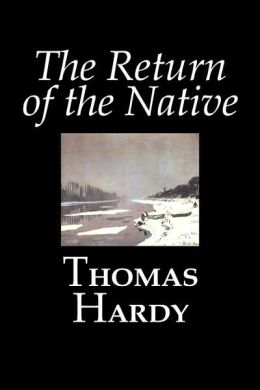Oh my aching wishlist. Just when I think I can resist adding to my wishlist or buying more books to add to my already teetering book stacks, new releases come along that I can't resist. I just had to
torture, err, share them with you.
Margaret Atwood's final book in the MaddAdam Trilogy which starts where
Oryx and Crake and
The Year of the Flood end.
Irish author
Kevin Barry's book of short stories of characters in the Irish underbelly.
John Lawton's newest spy series with lead character, Joe Wilderness, a former British airman sent to Berlin after WWII to find former Nazis.
American debut of Pierre Lemaitre's first book in a mystery trilogy centered around the kidnapping of a woman in Paris.
Just a few book that caught my attention from
Publisher Weekly's 2013 Fall Books Preview. Check out the list for the stand out books for Fall.
*********************************************************
Link to your reviews: Please link to your specific book review post and not your general blog link. In the Your Name field, type in your name and the name of the book in parenthesis. In the Your URL field leave a link to your specific post. If you don't have a blog, tell us about the books you are reading in the comment section of this
post.













